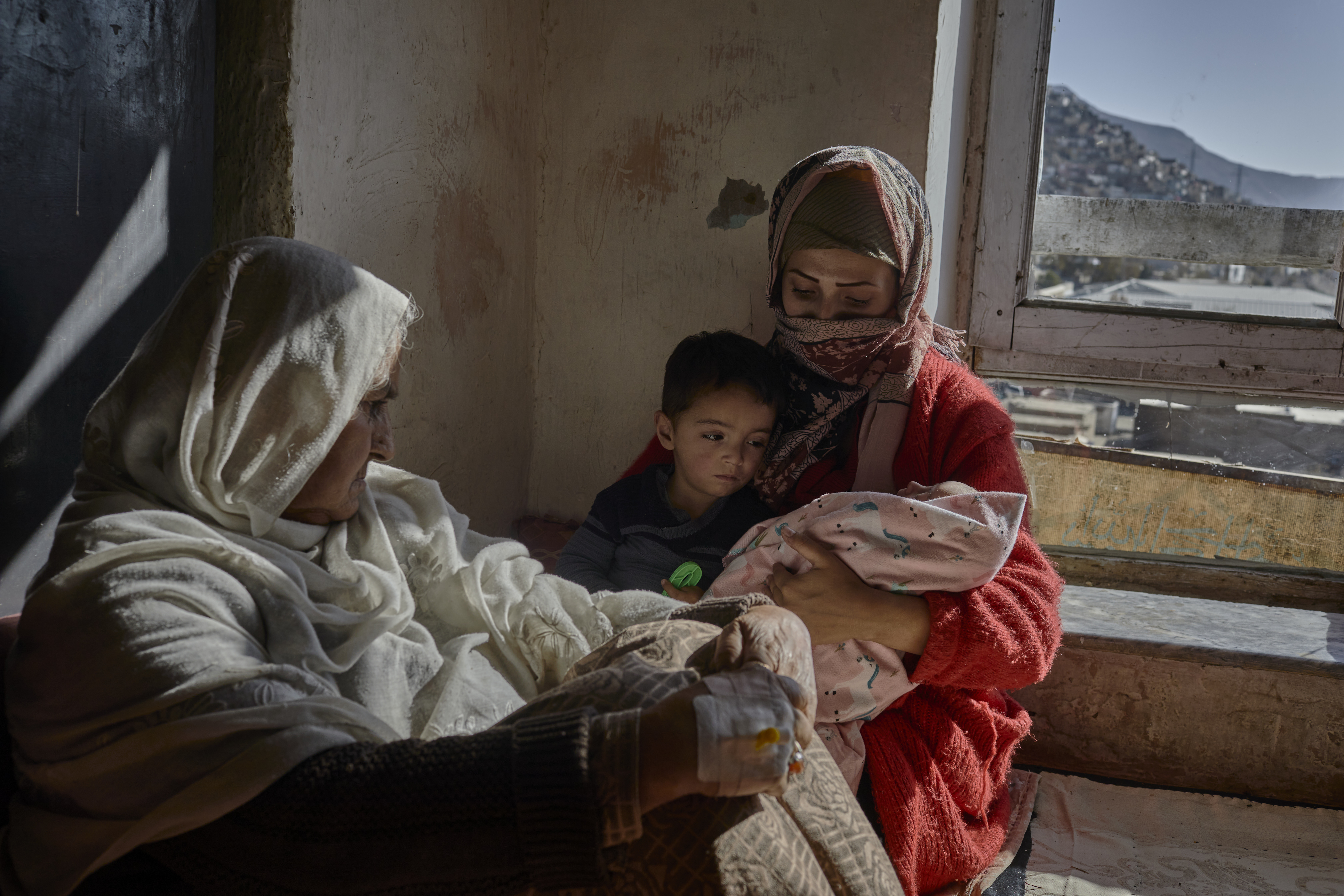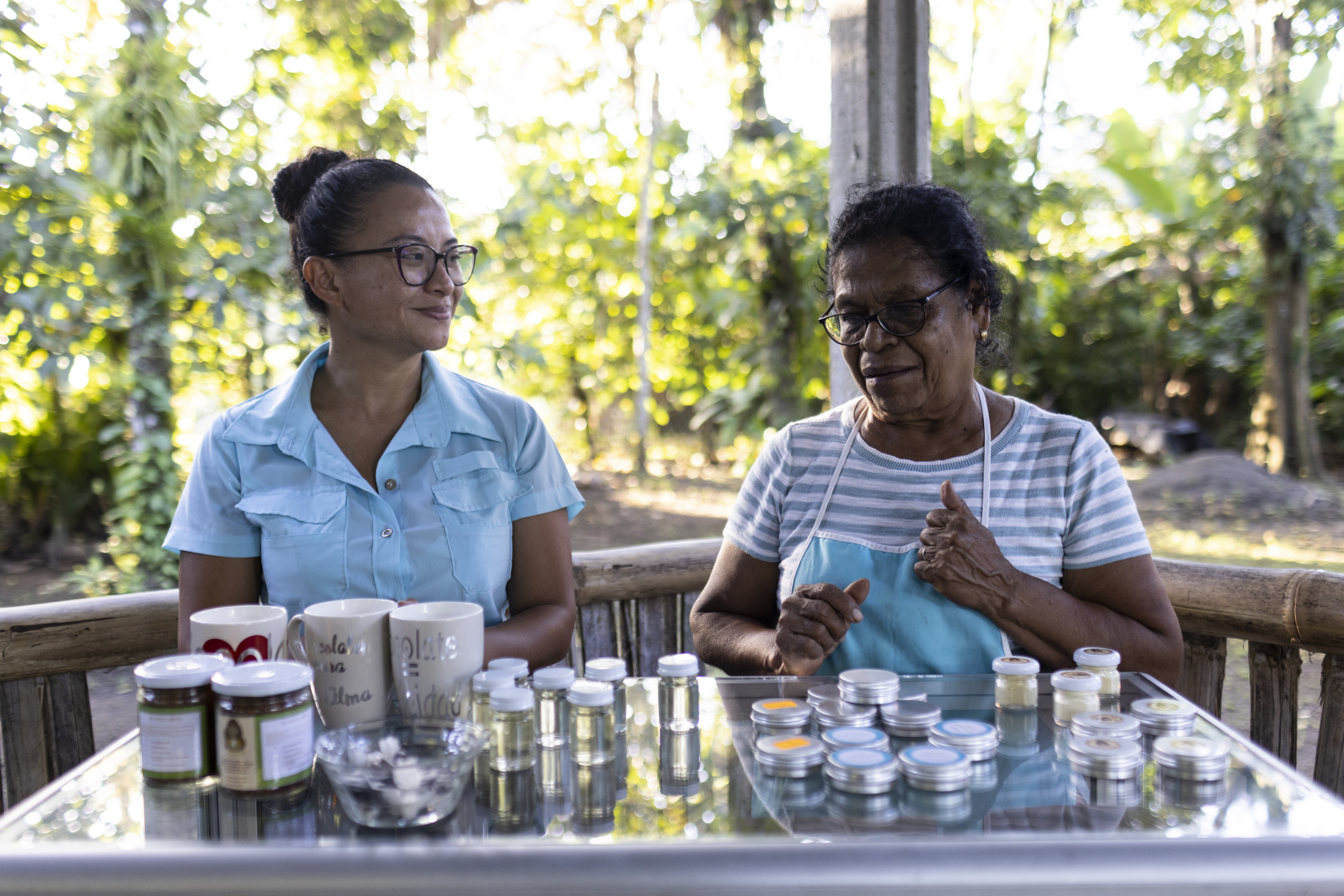Ugandan police undergo special training on eliminating violence against women
Ugandan police undergo special training on eliminating violence against women

KAMPALA, Uganda, November 30 (UNHCR) - As a Ugandan police detective, Gladys Friday has taken reports of "painful cases of violence" against women almost every day, but she was never sure how best to help the victims.
Now, after undergoing special training sponsored by the UN refugee agency to encourage Uganda's police to eliminate violence against women, Detective Friday says: "I feel I am together with the women and girls in fighting violence against them. I will no longer disregard them as refugees but I will fight to protect them. I am now closer [to refugee women] and will better handle cases of sexual and gender-based violence."
To mark the international campaign of 16 Days of Activism to Eliminate Violence Against Women, 90 Ugandan police officers - 25 of them women, including Detective Friday - who completed the UNHCR-sponsored training, signed letters pledging to take concrete steps in the course of their daily duties to guard against violence against women. The participants in UNHCR's course were selected because they come from areas of the country where refugees are settled.
The individual letters represented personal pledges by the police officers to better serve refugees and to be more sensitive to violence against girls and women. One police officer pledged to visit the villages in Kyaka II settlement - home to a large number of Congolese refugees - more frequently and to keep residents informed about crimes reported to his post.
"I admit that I am a different person now compared to what I was before this workshop," wrote another police officer, Robert Abile, "in that I now have respect for women and I will tell the populace what I have learnt so that they too can know."
Violence against women is common in Uganda. UNHCR got involved in police training because of attacks against women in refugee settlements, where refugees live and farm alongside the local community. Having already experienced many traumas in their flight from their homeland, refugees in the settlements still face threats, including a high incidence of defilement of young girls.
"Ending violence against refugee, returnee and internally displaced women and girls is one of my top priorities," UN High Commissioner for Refugees António Guterres said in a message last Friday.
During the training, Ugandan police officers took turns playing various roles, including that of a rape survivor trying to lodge a complaint with police. Police officers played out two scenarios where they could contrast good and bad responses to the victim.
They also explored the causes of sexual violence and its long-lasting consequences, and were given a refresher course on Ugandan law. They sharpened their interviewing skills, to be sympathetic to victims while at the same time extracting the necessary details. They were also given tips on collecting forensic evidence for future court cases, and information about referral services where women can get counselling and other treatment.
Police Constable Azzoru E. Simambo was especially grateful for the training. "The Ugandan police are inadequately funded and cannot carry out such training," he said. "The knowledge we are getting is very important. I am very grateful that police who are in the field and nearer to people have participated in this training."
He said that in his post in Uganda's northern Adjumani district, (home to tens of thousands of refugees and displaced people), he has received many reports of battering, defilement and rape of women and girls, and now feels better equipped to deal with such cases. "I have gained knowledge about protecting women against violence and I will ensure that there is more safety of refugees and the local community," he said.
Woman Special Police Constable Alice Baatio has even higher hopes: "The rate of sexual and gender-based violence will reduce because I've gained knowledge from this course," she said confidently.
By Sally Arim
UNHCR Kampala








